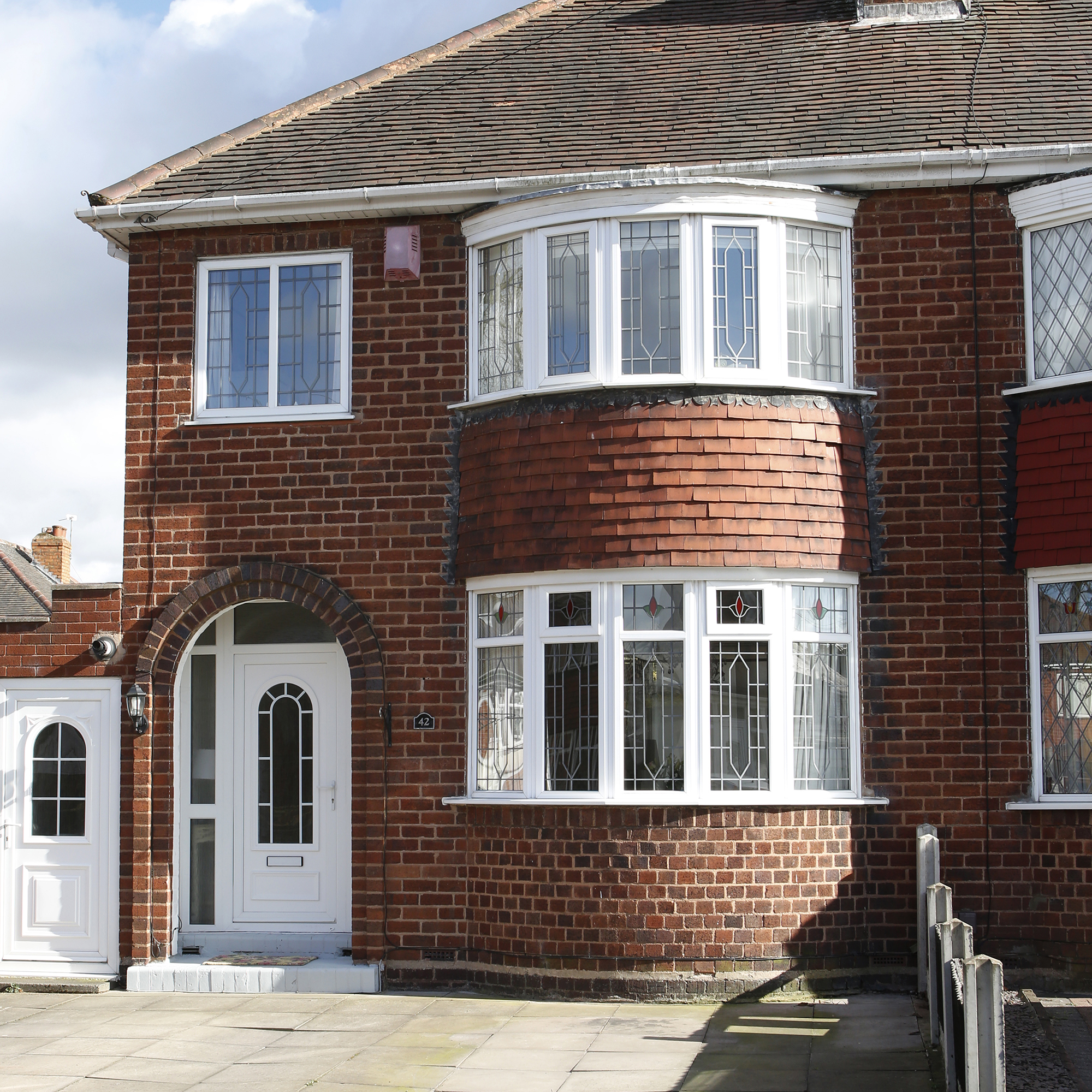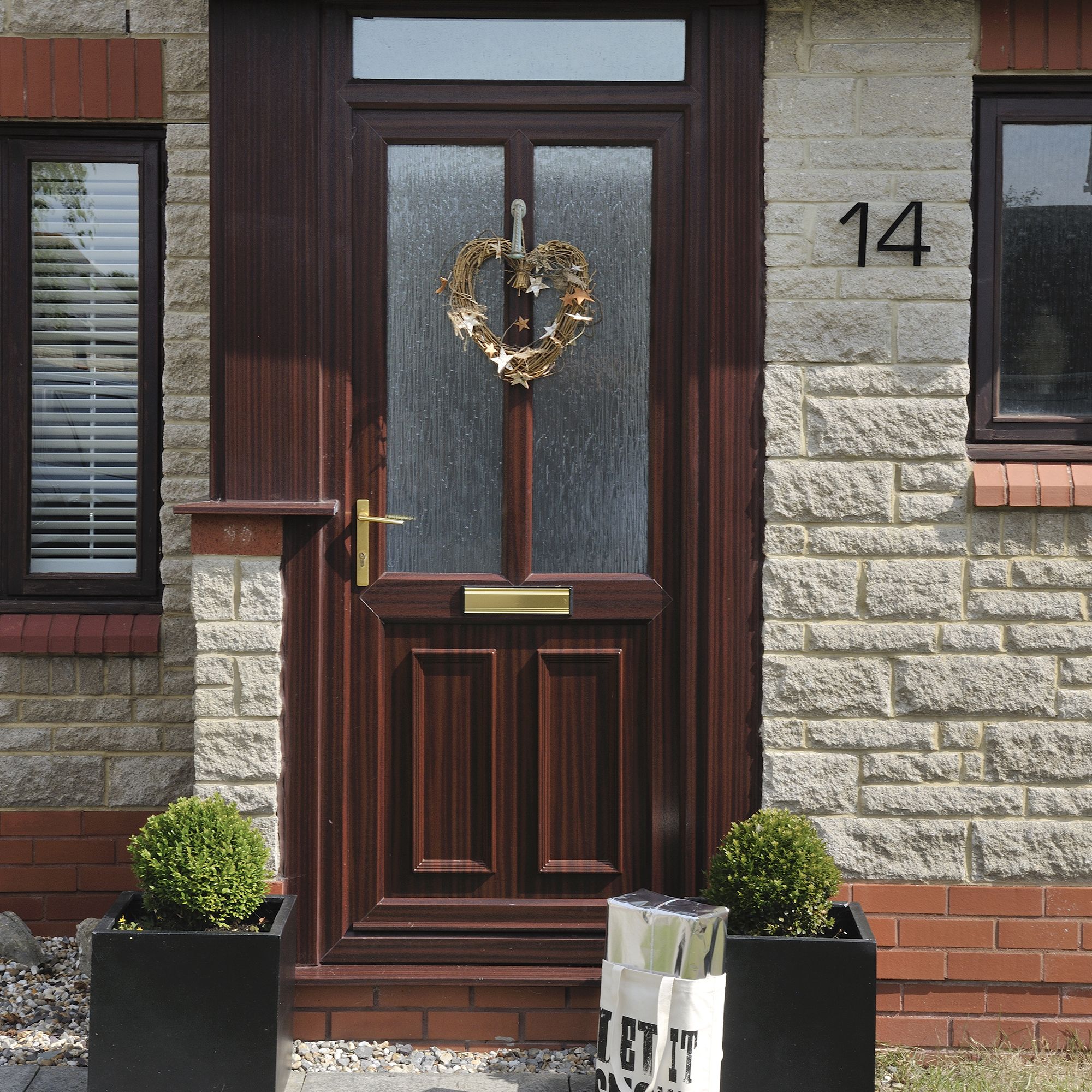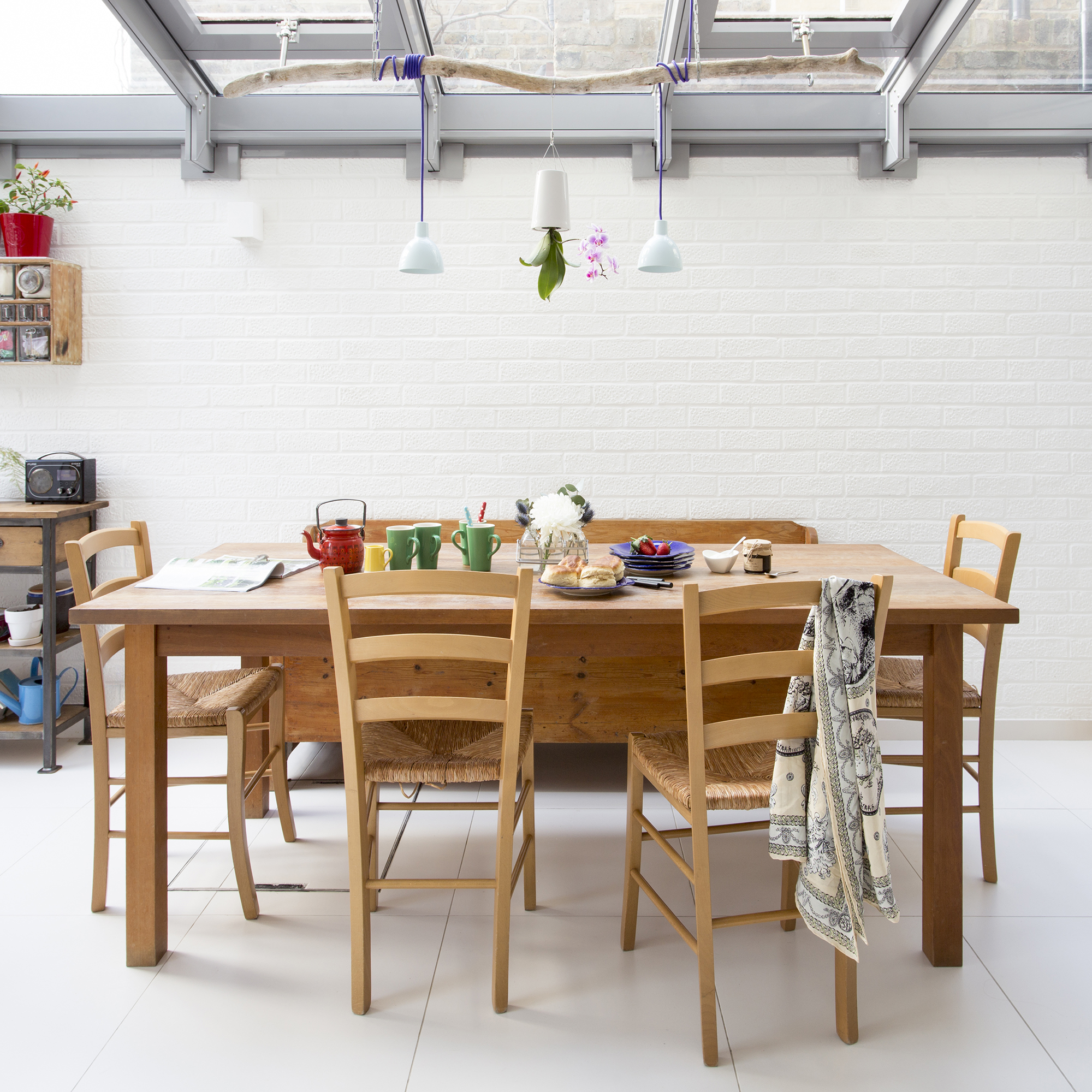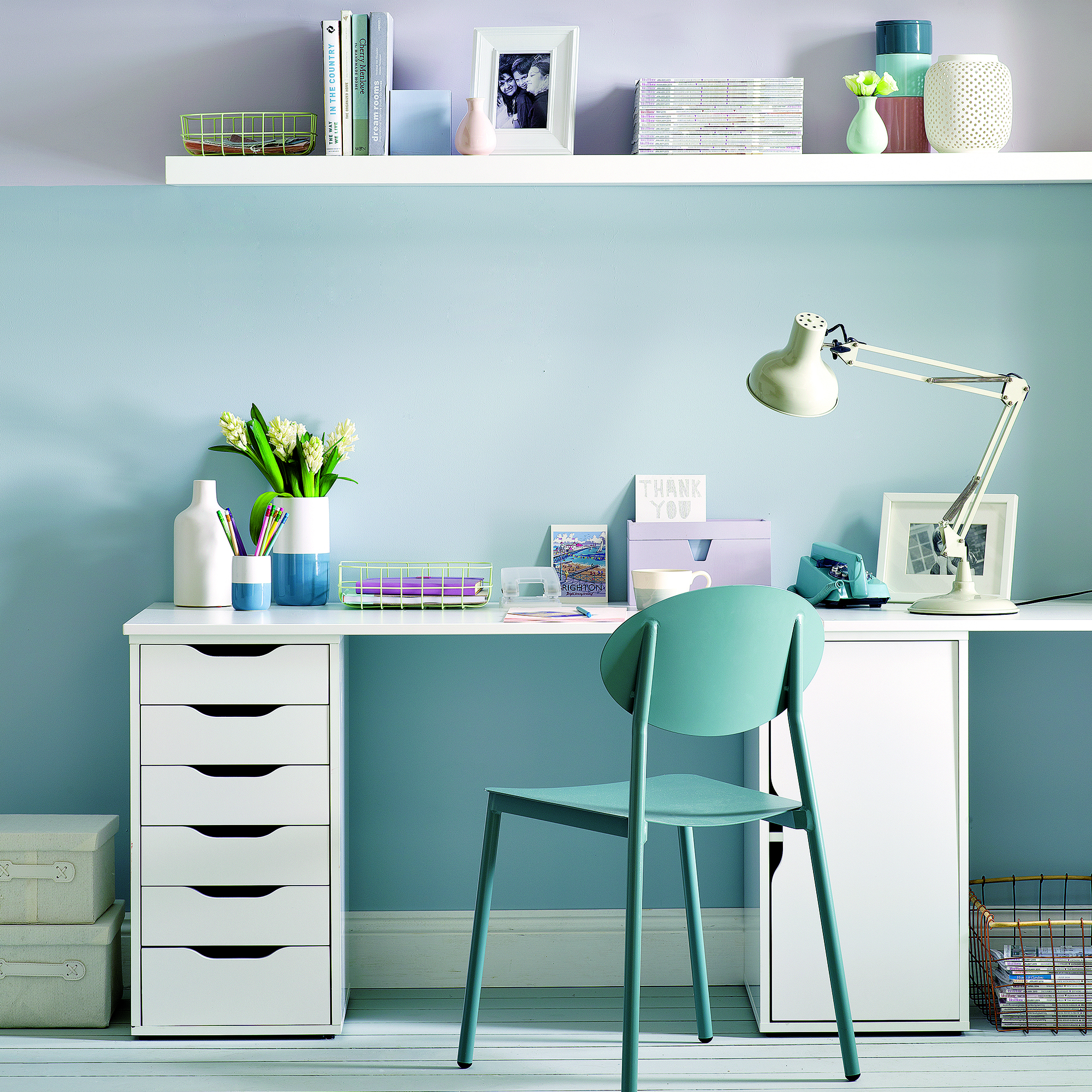What can invalidate your home insurance? How to protect your policy
Seemingly trivial actions could invalidate your home insurance and render it worthless so it's important to understand your policy

Knowing what can invalidate your home insurance is essential to make sure you are fully protected by your policy. Almost one in five claims on such policies are rejected according to the Association of British Insurers. Often, that’s because when the insurer came to check out the claim, it discovered a problem that invalidated the insurance.
If you end up in that situation, you’re losing out twice over. You won’t get the money you’d hoped for when you made the claim, and you’ve wasted all the money you spent on the home insurance policy in the first place.
So why do so many claims fail? And how do you avoid getting caught out?
1. Honesty is the best policy

Avoid telling fibs when you buy or claim on a policy. For example, failing to declare a criminal conviction will invalidate your insurance.
Even careless information can cost you. For example, you might have made a casual calculation about how much your home contents are worth. But if you’ve over-estimated, an insurer might consider it fraud. Or you might have inadvertently submitted false information about your security - the types of lock you have, for example. In which case, the insurer can reject your claim.
Tot up the contents carefully and honestly. List items of high value separately. Be honest and accurate from the start to avoid financial woe later.
Make sure you read our contents insurance guide if you aren’t sure what it is or why you need it.
Sign up to our newsletter for style inspiration, real homes, project and garden advice and shopping know-how
2. Anybody home?

Leaving your home unoccupied for a long stretch could invalidate your home insurance. A holiday is fine. You can usually be away for around 30 days and still keep to the terms of your policy.
Longer absences could spell trouble, so check with your insurer.
Being away from home and leaving it unlocked could also nullify the policy. You need to keep your home reasonably secure. Don’t leave the door open for burglars. Keep keys safe, and make sure locks are in working order.
Equally, if there is someone home because you’ve taken in a lodger, keep your insurer in the loop about that too.
3. Renovating in secret

Structural changes increase risk of damage, but could also increase property value. Both of these factors affect potential claims, so your insurer needs to know.
Tim Downes, senior claims manager at Halifax Home Insurance says social media has become a ‘hub of inspiration’ for home renovations. But he adds: ‘Many enthusiastic amateurs are making a hash of these DIY hacks.’
Downes warns that even if your insurer covers you for accidental damage, failing to declare changes could invalidate your cover.
Downes says: ‘Ahead of any renovation, it’s important to understand your insurance policy and know what cover you have. And sometimes, it’s better to just call in the professionals.’
If you’re only adding a lick of paint, you can keep that to yourself.
4. Using home for business

If you have stock, equipment or visitors to your home for business reasons, there’s more chance of an incident. In turn, it’s more likely you would claim on your home insurance.
Insurers need the opportunity to calculate risk and offer the right policy.
Sarah Poulter, senior media relations manager at insurer Aviva, says: ‘Most policies will allow you to do office-type work at your house. But if you set up a business and run it from your home, this may require a separate business insurance policy.’
Contact your insurer if you have visitors, equipment, or have adapted the property for work use.
5. Letting your house freeze
Insurance only works if you take reasonable steps to prevent future disasters, and therefore future claims. For example, keeping the house at a minimum temperature in winter. Doing so helps prevent pipes from freezing, expanding, and then bursting, causing water damage.
Small print might be dull but it’s best to read it to understand what your home insurance covers and its limitations. Contact your insurer as soon as possible if your home or belongings are damaged or destroyed.

Laura Shannon is an award-winning consumer and money journalist with more than a decade of experience in her field. She has written for a number of titles including Metro, The Times, Daily Mail, and held the post of personal finance correspondent at The Mail on Sunday for eight years. She is passionate about helping people to save, understand, and manage money more effectively.